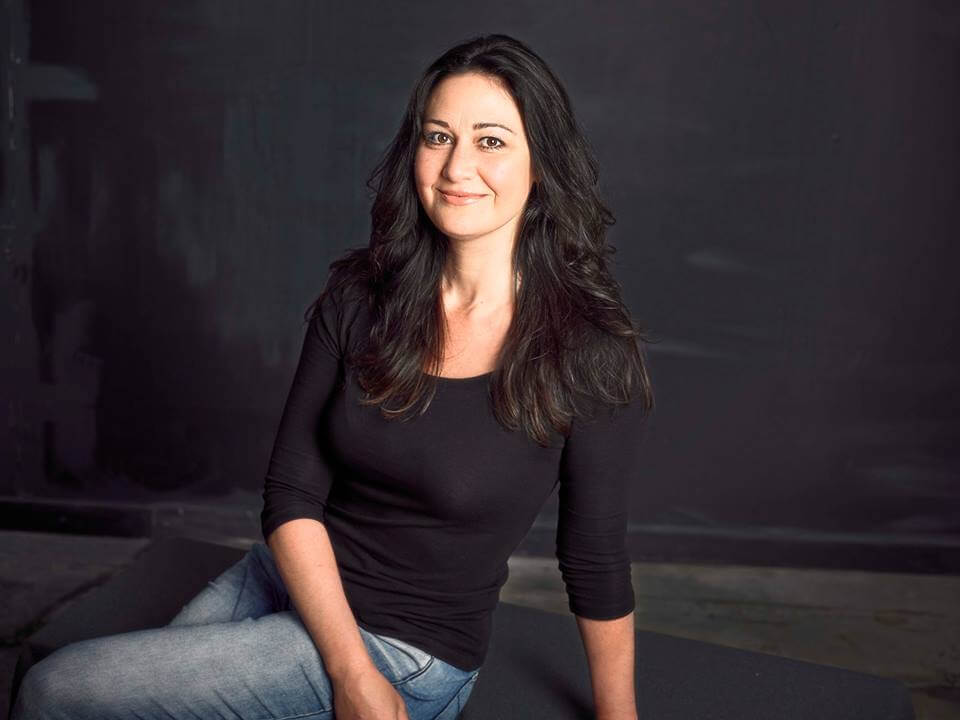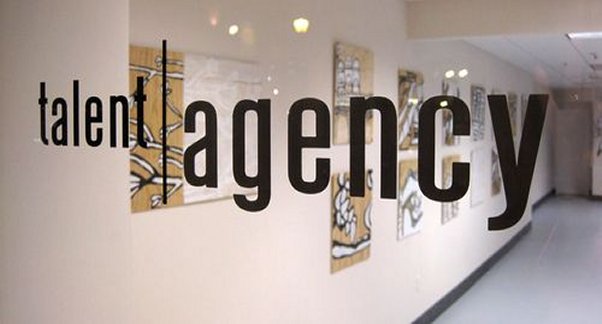Written by Graeme Petrie
Understanding what and what not to ask in an agent interview.
You feel ready and have decided to embark on your dream of becoming an actor:
- You’ve established a foundation of training in on camera acting.
- Painstakingly put together your cover letter and actor resume.
- Got some killer actor headshots done (those weren’t cheap eh…).
- Created a reel with clips of your acting for an agent to view.
- Sent the package to a few agencies you’ve heard good things about
And low and behold… it worked! You’ve received an email back from an agent who has expressed interest in meeting with you!
Lights! Camera! Action! Mom…I’m going to Hollywood!
While it’s great that all your hard work has paid off in garnering some interest from an agent, now comes the really hard part; creating enough interest on the part of the agent to want to sign you.
Agents consider a wide range of things before deciding to sign a “developing actor” (yup, that is what you are and will be for some time to come), since they know they will initially be doing a lot of work on your behalf for free. Only after you successfully book a role or commercials do they reap any financial reward from investing all their time and energy into helping you and your career, so you can understand why they are selective as to whom they choose to represent.
Do Your Due Diligence
A big part of your interview should be spent on preparing for it. Visiting the agency’s location, a day or two before (just so you don’t get lost or show up late on the day of the meeting), is a good habit to get into. Making sure you have done the necessary research about the agent and agency beforehand is important as well;
- How long has the agency been around?
- How many people are on their roster? (using IMDB Pro)
- Do they represent any well-known actors?
- What divisions do they have for actors?
Carrie Wheeler of Carrie Wheeler Entertainment Group points out,

“The answers to the majority of these questions are in the research that the actor should be doing in advance of contacting any agent/agency. Look on the agency’s website, their IMDB listing and socials before reaching out and do your proper research.”
Good point, Carrie. Knowing the
answers to basic due diligence questions beforehand reflects well on you and allows the agent to see that a) you are serious about becoming an actor and b) have done your homework on them and their agency (because you can bet they’ve done their homework on you through your social media).
So what kinds of questions should you be asking?
While there are certainly questions not to ask (overly personal questions or of details involving other actors they represent), a common rule of thumb is to get started with some general get-to-know you questions so you can both settle in:
- How did you become an agent?
- How long have you been an agent?
- Have you been with this agency long?
- What do you enjoy most about being an agent?
- What are some of your goals as an agent?
Once you are feeling more comfortable with each other, you can begin to ask more specific questions like:
- What do you look for when deciding to add an actor to your roster?
- How do you promote your actors?
- What do you think about actors promoting themselves?
- Do you want to get feedback after an audition from your actors?
- Do you have anyone that looks like me on your roster?
- If I see a breakdown with a suitable character for me, can I call you?
- How do you feel you would market me?
- What kinds of contracts do you offer for your actors?
- What are your expectations of me as an actor you represent?
Lissa Lloyd of Lloyd Talent Management says she encourages all types of topics and inquiries from actors, especially during interviews, panels, workshops and working with parents:
“Questions lead us to the opportunity to provide CORRECT answers and educate properly. It also lets us know very quickly what type of mindset and person we are hearing these from. This will allow us as agents to determine further if this person looks like they will fit with our agency and if they are the type we want to work with long term. We also find out very quickly what their sense of business is and awareness of the industry they are in or want to be a part of.”
Questions agents simply won’t answer
There are some questions that agents may not be able to discuss due to NDA’s (non-disclosure agreements) such as upcoming shows that their actors have been cast or their relationship with a particular Casting Director who is casting a popular TV series or production.
Confidentiality laws and issues come into play in an actor’s career, and it is important to not only understand (but also adhere to) these conditions to ensure they do not find themselves in violation of a non-disclosure agreement. There is a lot of money at stake in a big production and any unauthorized information leak can be fatal to the carefully controlled release of information being managed by the production company. Loose lips do sink ships….and burgeoning acting careers.
Lissa Lloyd rightfully points out:
“I don’t share what is not their business and this shows them how loyal we are to our current actors. We are looking for the same respect and loyalty back as a team player. They learn very quickly that this is a very difficult industry to get into and to stay in and to learn to be savvy about putting information out there. It is such a huge issue in this industry, especially with social media.”
Mirror, Mirror on the Wall
Lastly, let’s be totally clear about one thing; an agent is not a psychic or a fortune teller. They cannot read tea leaves, tarot cards or palms, nor do they have a magic mirror or crystal ball. Therefore, don’t ask silly awkward questions such as:
- What are my chances of being successful?
- Do you think I can be a famous Hollywood (or Bollywood) star?
- Can I get a role on Riverdale? Disney?
- Will I be able to live and work as an actor in LA?
There is simply no way for them to answer such questions with any amount of certainty, since the real answers to such questions rely entirely upon you; your present level of acting talent and commitment to getting better; your ability to do well in auditions and cope with any rejection you may face and, most importantly, your own internal drive to hustle and find acting opportunities wherever they may be. Your agent is there as your career partner, offering guidance and advice to help you navigate your way through the production industry. They look for opportunities they feel are well-suited to you and your present ability, but when it comes to the auditioning part, well… that is all on you, so make sure you are well prepared and ready to take advantage of any opportunities your agent presents.
Thank you very much to Carrie Wheeler of Carrie Wheeler Entertainment Group Inc.; Lissa Lloyd of Lloyd Talent; Brenda Wong of MVM Agency for their valuable insight and input during the researching of this article.

